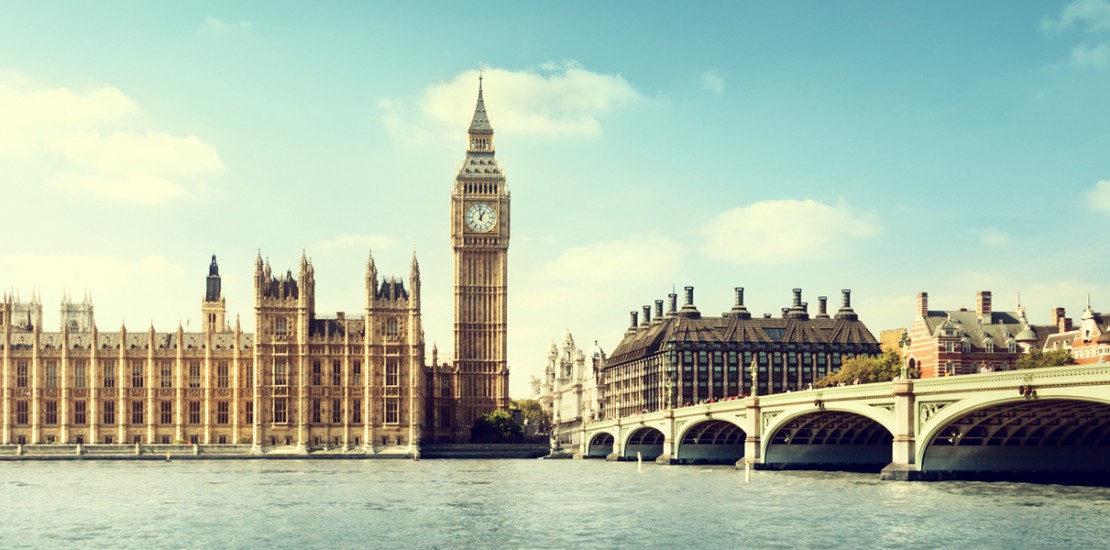- May 5, 2023
- Posted by: lutherpendragon
- Categories: insight, news

Director and Head of Public Affairs Adam Thomas reflects on the local election results.
Beyond the regular opinion polls, this week’s local elections are likely to be the last large-scale test of Labour, Conservative and Lib Dem support before the general election – expected some time next year. Labour, as of Friday afternoon, had made inroads in the north, midlands and parts of the south, while Lib Dems were gaining in the south east. Conservatives have therefore been squeezed on both sides: in their newly won, generally precarious ‘Red Wall’ seats in the north and in their southern England heartlands.
The last time council seats were contested, in May 2019, the Conservatives under Theresa May lost 1,300 seats – their worst result in 24 years. It looks as though under Rishi Sunak, they may lose 1,000, which was generally considered their worst likely result.
Conservatives were punished in the 1995 local elections as a prelude to the Labour victory of Tony Blair in 1997’s general election. Labour supporters are no doubt hoping for similar indications of a convincing future parliamentary victory after over a decade of Conservative rule this time too.
Certainly, the indications are there from the results so far, with councils in Stoke, Plymouth and crucially Medway, Swindon and Bracknell Forest swinging directly from Conservative to Labour control. Added to this, the Lib Dems seem to be sweeping the board across south east England and the affluent parts of the midlands, with major swings in Windsor and Maidenhead, Stratford upon Avon and Dacorum.
Polling guru Sir John Curtice – who recently visited to Luther to give us and our clients his latest insights – says that the key metric is the size of Labour’s lead when these results are projected onto a national vote share. Labour needs to secure a healthy double-digit lead against the Conservatives to translate success locally into a majority in the general election. A Labour spokesperson said this afternoon that the party was on track to have a lead equivalent of eight points, which would represent their “best result since 1997”. If Curtice is correct then this is unlikely to get them over the line, upbeat as they may be now. To win an overall parliamentary majority, Labour needs a swing larger than Blair’s in 1997, so Labour will want net gains in the mid to high hundreds of seats to be confidently on track for a workable parliamentary majority.
Keir Starmer is not Tony Blair, however. His personal popularity tends to score low with voters and is not comparable to Blair’s before his 1997 triumph. It seems that Labour – and the Lib Dems – are succeeding largely because of antipathy to the Conservatives. Sunak has steadied the ship and a disciplined Downing Street has been gradually improving the party’s fortunes since he took charge in October, but that and his ‘five priorities’ do not appear to have convinced voters – yet.
What will be particularly worrying No10 this evening is that people, right across the country, seem to have voted tactically, going for whichever party was best placed to remove the Conservatives. The success of the Lib Dems in the Blue Wall highlights that Sunak may not be as popular there as his team hoped.
If the party had done well, it could have been a sign that Sunak had gone beyond stabilising the party and made it into a likely winner next year. He has enjoyed recent set-piece successes in the form of a post-Brexit deal for Northern Ireland and a Spring Budget that was generally well-received. There’s more planned next week when the Prime Minister is expected to unveil the Government’s Primary Care Recovery Plan, the long awaited proposals to reduce NHS backlogs and get the health service back on track. But it’s unlikely that well executed set pieces on their own are now enough for the Government. The Conservatives need to move the dial much more radically on policy; as Party Chairman Greg Hands has said, this result is a massive wake up call for the Conservatives, and it looks at the moment that while the ship has steadied there isn’t going to be the time to turn it around.
While Labour politicians will spend today underscoring that they don’t take anything for granted, they will look at these results and privately feel that an election victory is now truly in sight. It’s the confirmation they needed that they have detoxified the brand. They will no doubt be confident that at a national poll they will make further inroads in Wales and, crucially, Scotland – areas which had no elections this year – and that tactical voting against the Conservatives in the south will help tip them over the line.
The real question for Labour now, as these elections fire the starting gun on the long campaign for the General Election, is whether these locals were really about giving the Conservative Government a kicking for its past failures or a sign that the electorate really has started to embrace Starmer’s agenda.
